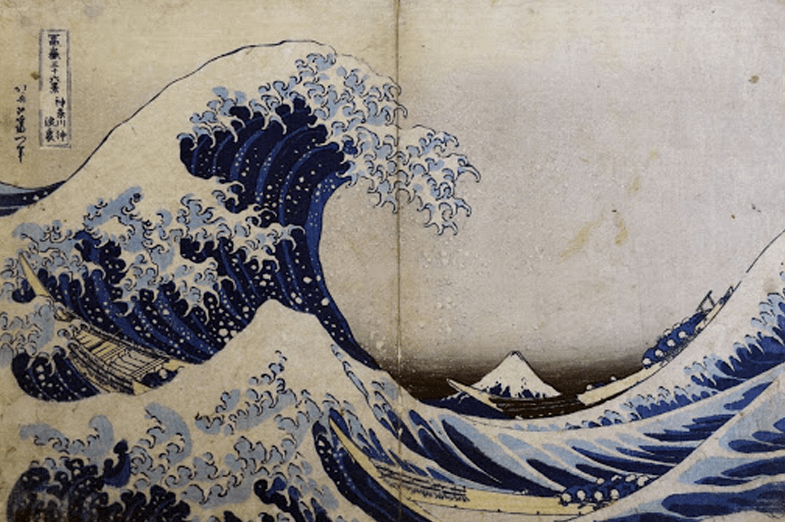‘What made you chase that hare?’ asked my husband with rare geniality. John Ruskin was to blame. He asked James Russell Lowell where he found decuman, meaning ‘big wave’. The line ‘Spume sliding down the baffled decuman’ came in Lowell’s ‘The Cathedral’ (1870) about Chartres. Lowell was Longfellow’s big-beardy successor as professor of belles lettres at Harvard. Though fellow members of the Fireside Poets, both fearlessly translated Dante and Homer.
Lowell had no idea where decuman had come from. Ovid and Lucan used decumanus, he found, of a wave, but not absolutely, as a noun. Finally he unearthed it as a noun in Du Cange’s dictionary, citing ‘one of the Latin Fathers, I forget which’. It was Tertullian, no likely source.
However, Lowell no doubt read Rabelais. In a litany, Rabelais says of Quaresmeprenant (Shrove tide in the translation of Motteux) that he ‘fished in the air, and there used to catch decumane lobsters’. It’s not a noun, but it’s memorable. Rabelais had read Erasmus, whose bestselling Adages refer to Gallonius (a rich auctioneer of the 2nd century BC) in a fragment from Lucilius: consumis squilla atque acipensere cum decumano. ‘So Gallonius guttles in company with the lobster and the sturgeon,’ A.E. Housman commented, ‘like the Hatter taking tea with the March Hare and the Dormouse’.
The 10th wave, fluctus decumanus, was the biggest, though Sir Thomas Browne in Pseudodoxia Epidemica denied it as ‘evidently false; nor can it be made out by observation either upon the shore or the Ocean’. In English terms the seventh wave is biggest. People write poems on it, and in 1985 Sting released ‘Love Is The Seventh Wave’.
I was set chasing the English decuman by a chapter by the learned David Butterfield on the use of Latin in Liddell & Scott. They usefully compared flectus decumanus to the Greek trikymia, the third and biggest wave (as Housman knew).
I only heard of the publication of Liddell & Scott: The History, Methodology and Languages of the World’s Leading Lexicon of Ancient Greek from a long review by Colin Leach free on the Classics for All website. It’s full of lovely hares.
This article was originally published in The Spectator’s March 2021 US edition.

























